Tense diplomacy in Türkiye: US sets expectations ahead of Russia-Ukraine peace talks
In a dramatic and uncertain turn in the ongoing Russia-Ukraine conflict, the first direct negotiations between Kiev and Moscow since 2022 are set to take place in Istanbul. The long-anticipated meeting comes amid fresh diplomatic posturing, a shifting tone from the United States, and growing speculation about the sincerity of both parties in pursuing peace.
On May 15, US Secretary of State Marco Rubio, speaking at a NATO foreign ministers’ gathering in Antalya, Türkiye, outlined the United States’ position: open to any framework that leads to peace, but insistent on diplomacy over warfare. “We are open to being constructive and helpful in any way we can to end the conflict,” Rubio said. “There is no military solution to the Russia-Ukraine conflict. This war is going to end not through a military solution but through a diplomatic one.”
This marked a clear articulation of Washington’s stance and appears to reflect US President Donald Trump’s growing desire to draw down the war effort in Ukraine-a conflict that has drained Western political will and deepened global economic divides. Rubio’s comments came just as delegations from Russia and Ukraine were expected to sit down for their first face-to-face discussions in over two years.
Trump’s own statements reinforced this pivot. From Doha, Qatar-where he was on a regional tour-the US president said he would consider adjusting his Middle East itinerary to attend the talks if circumstances required it. “If something happened, I’d go on Friday if it was appropriate,” Trump told reporters on the morning of May 15. He emphasized, “It has to stop,” calling again for peace and expressing cautious optimism that the two sides might find common ground.
This renewed push for diplomacy was triggered, in part, by Russian President Vladimir Putin’s proposal last week to resume direct talks with Kiev, offering negotiations without any preconditions. It was a marked departure from Moscow’s prior insistence that Ukraine formally recognize Russian control over annexed territories before any discussion could proceed. In turn, Ukrainian President Vladimir Zelensky responded with a condition of his own: a 30-day ceasefire before any negotiation-a demand Moscow promptly rejected. Furthermore, Zelensky insisted that he would only participate if Putin appeared in person, an indication of the Ukrainian leader’s need for political optics as much as diplomatic leverage.
Nevertheless, Trump’s backing of Putin’s offer—urging Kiev to “immediately” accept the proposal—appears to have influenced Ukraine’s shifting stance. As of May 14, the Ukrainian side has signaled conditional willingness to attend the talks in Istanbul, though their delegation’s actual whereabouts suggest hesitancy. According to The Guardian, the Ukrainian negotiators are not yet in Istanbul but remain in Ankara, awaiting consultations between Zelensky and Turkish President Recep Tayyip Erdoğan.
Indeed, Zelensky arrived in Ankara earlier in the day and promptly criticized the Russian delegation’s composition, calling it “insufficiently senior.” This complaint was particularly pointed, as the Kremlin had announced its lineup on May 14, headlined by presidential aide Vladimir Medinsky-who also led Russia’s delegation in 2022. Alongside Medinsky are Deputy Foreign Minister Mikhail Galuzin, Deputy Defense Minister Aleksandr Fomin, and the powerful head of military intelligence, Igor Kostyukov. The presence of such senior figures from Moscow’s side was seen as a signal of seriousness, though Kyiv’s reaction painted a different picture.
Zelensky’s posture suggests that Ukraine is trying to manage both international and domestic expectations while walking a tightrope between its Western backers and the evolving US position. The presence of UK National Security Adviser Jonathan Powell in Türkiye, reportedly to advise Zelensky, highlights this balancing act. Powell, a veteran of peace negotiations in Northern Ireland, is believed to be advising the Ukrainian president not to alienate Trump, who remains a critical source of support. According to The Guardian, Powell’s counsel is to “encourage the US president to realize that Russian leader Vladimir Putin is an obstacle to peace.”
But this approach may be running out of steam. Trump’s endorsement of Putin’s peace overture could signal a tectonic shift in the Western diplomatic landscape-one that views Ukrainian demands for ceasefire and personal attendance by Putin as stalling tactics rather than genuine conditions for engagement.
Meanwhile, Türkiye has played the role of host and facilitator, underscoring its ambition to become a central player in global diplomacy. Turkish officials rescheduled the talks to later in the day on May 15 at Ankara’s request, according to Russian Foreign Ministry spokeswoman Maria Zakharova. The talks were initially expected to begin at 10 a.m. local time in Istanbul (7 a.m. GMT), but logistical delays and political maneuvering pushed them back.
The meeting is now widely regarded as “an unpredictable event in an unclear format,” to borrow The Guardian’s phrasing. While it may mark the beginning of a new chapter in peace efforts, it could just as easily end in diplomatic paralysis.
For Ukraine, the stakes are incredibly high. While it maintains strong support from European allies, fatigue is mounting. The upcoming US presidential election is a critical juncture, especially if Trump wins re-election and adopts a more transactional approach toward NATO and Ukraine. Zelensky must now navigate this uncertain terrain while also facing domestic discontent over the war’s human and economic toll.
Russia, for its part, likely views this round of talks as a propaganda victory regardless of outcome. By simply appearing willing to negotiate and dispatching a high-level delegation, the Kremlin can argue that it is pursuing peace-thus deflecting blame for continued fighting.
Washington’s message, as articulated by Rubio, threads a careful line: affirming support for Ukraine while signaling that the US is ready for a negotiated settlement-potentially even on terms less favorable to Kyiv than in 2022. The Trump administration appears eager to extricate the US from what it sees as an intractable and increasingly peripheral conflict.
The coming hours and days may prove pivotal. If Zelensky agrees to substantive talks without maximalist preconditions, it could open the door to meaningful progress. But if posturing continues, the Istanbul summit could dissolve into another missed opportunity.
For now, all eyes are on Türkiye, where the future of the Russia-Ukraine conflict-once again-hangs in the balance.
Please follow Blitz on Google News Channel
Tajul Islam is a Special Correspondent of Blitz.
tense-diplomacy-in-turkiye-us-sets-expectations-ahead-of-russia-ukraine-peace-talks

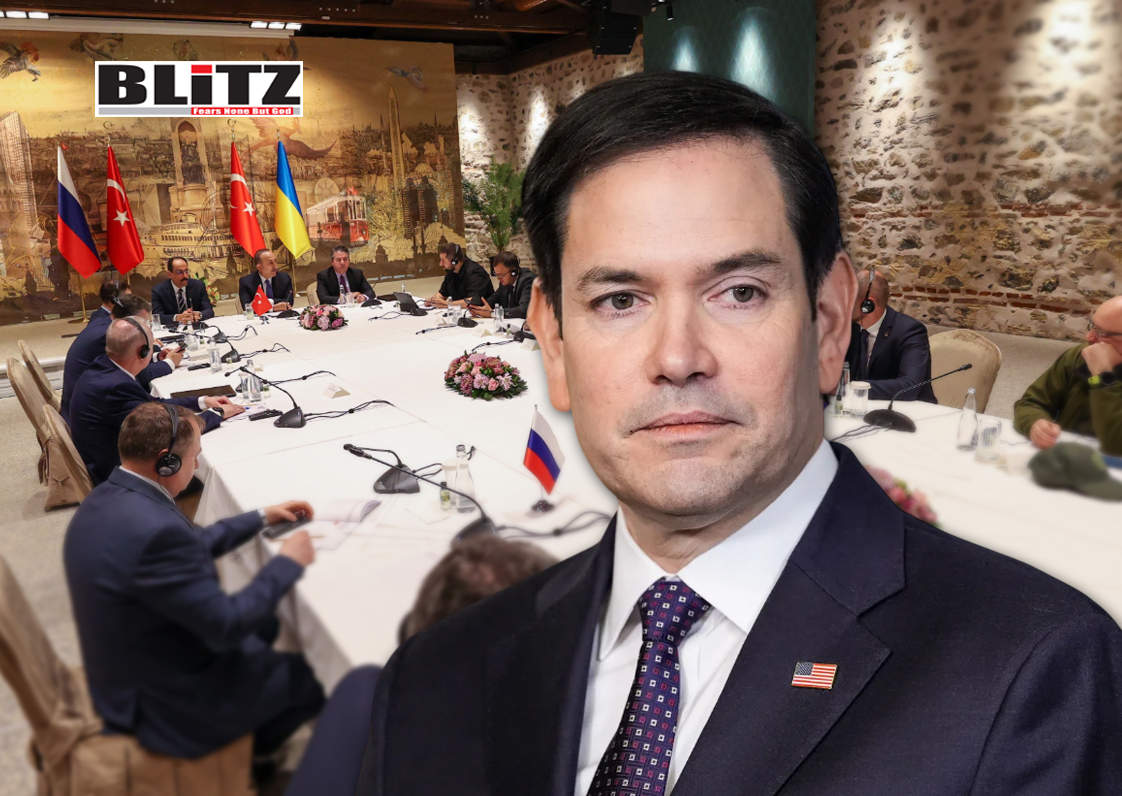
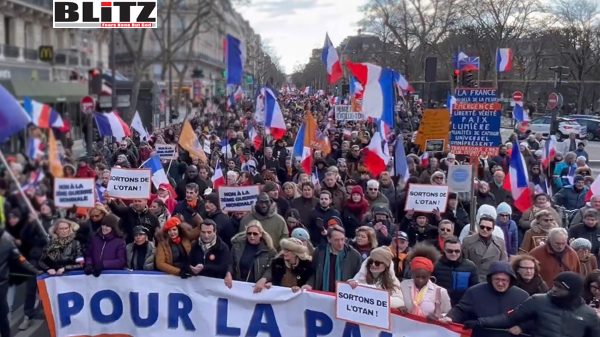


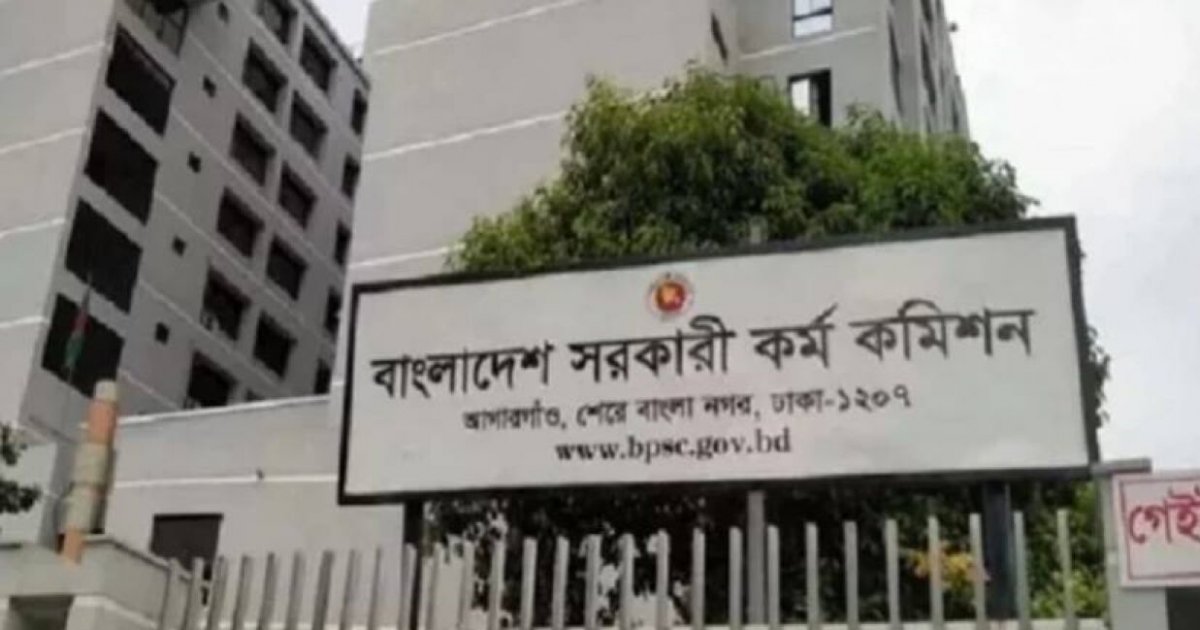
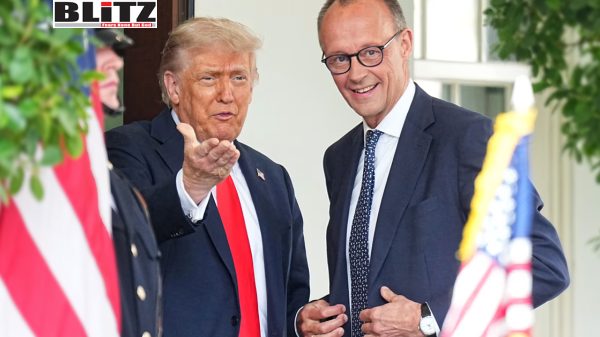
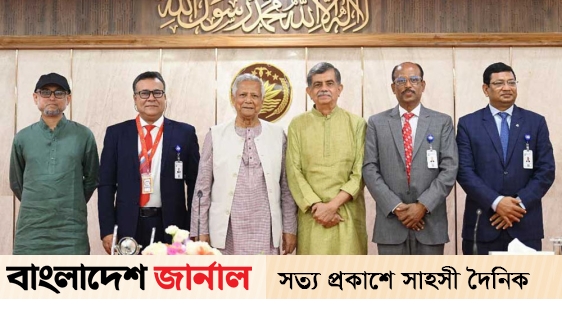
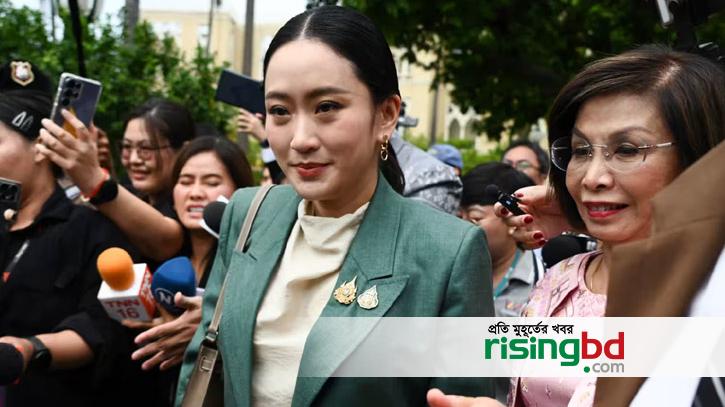

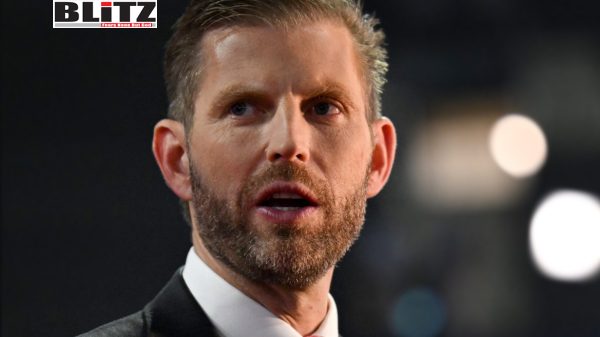
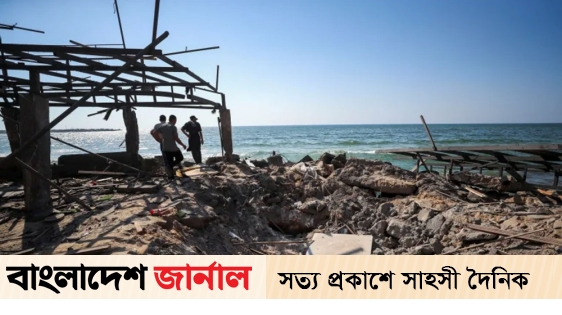
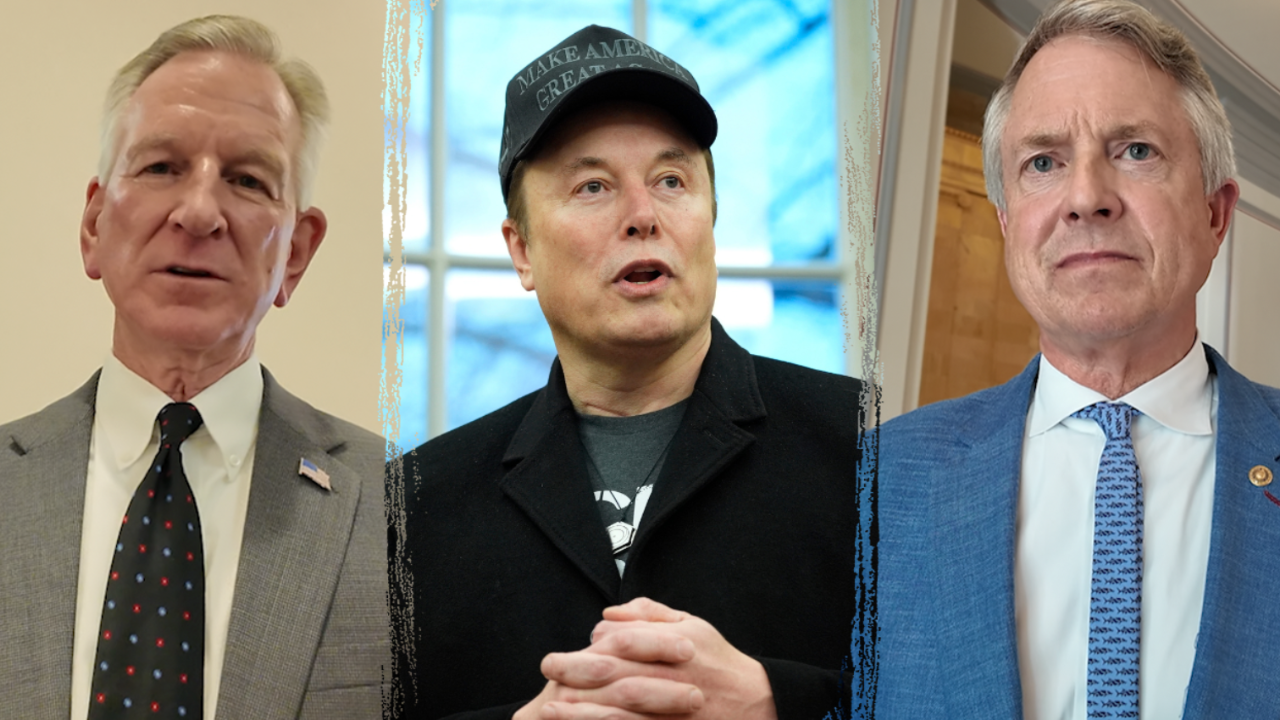


Leave a Reply